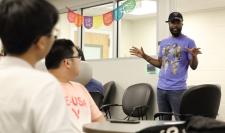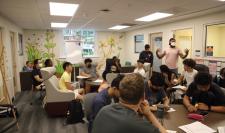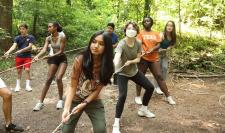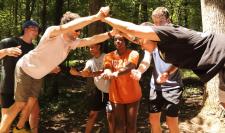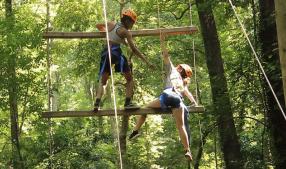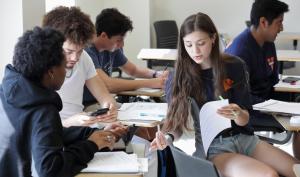
Every summer, a cohort of students entering the UVA School of Engineering and Applied Science is invited to participate in the Bridge Program that is offered through the school’s Center for Diversity in Engineering.
Established in the 1980’s, the program has a long history of creating a home-away-from-home for students about to embark on their college careers, also preparing them for the rigors of academic life.
In addition to offering social events that build a community, the program introduces entering first-year students to the many resources available through UVA. Students engage with peers, mentors and faculty in acclimating to important aspects of college life – like mindfulness, planning for a career, joining a research lab and getting a preview of academic demands.
This year, from July 18 through August 5, the program is back to hosting students in-person and welcomed 32 students from all over the United States. Their participation comes as the programming has been expanded to offer events and workshops for the entire 2022-2023 academic year.
